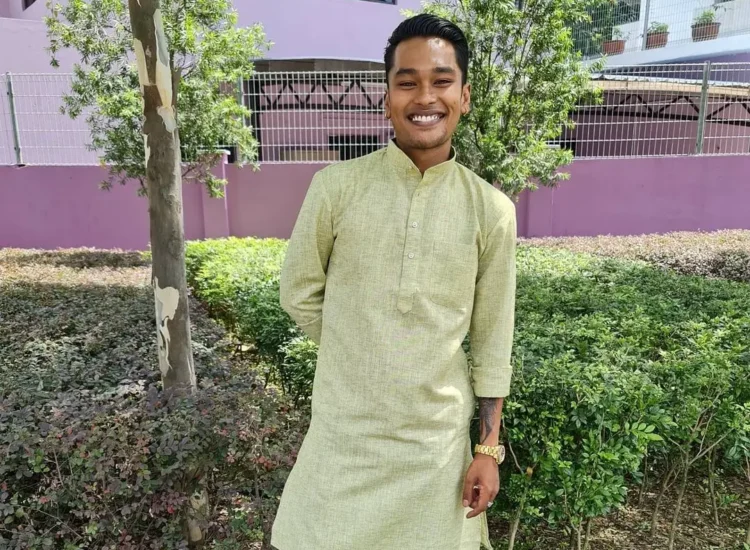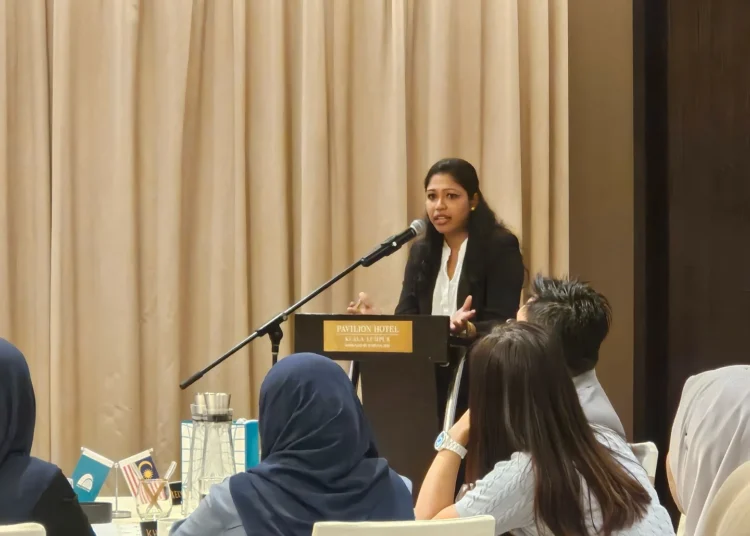Sabarinath Sangaran spent two years in prison, a period that became a profound turning point in his life. During his incarceration, he engaged in deep reflection and self-guided learning, turning what could have been a dark chapter into a journey of personal growth. Rather than letting the label of ex-convict define him, Sabarinath used this experience as a catalyst for transformation, reshaping his life and outlook in ways that would inspire many.
The Early Life
Sabarinath Sangaran, fondly known as Saba, was born to Malaysian and Filipino parents. He shared that he was an exceptionally bright student during his high school years.
“In high school, I excelled academically and took leadership roles in various clubs, even competing at the state level.”
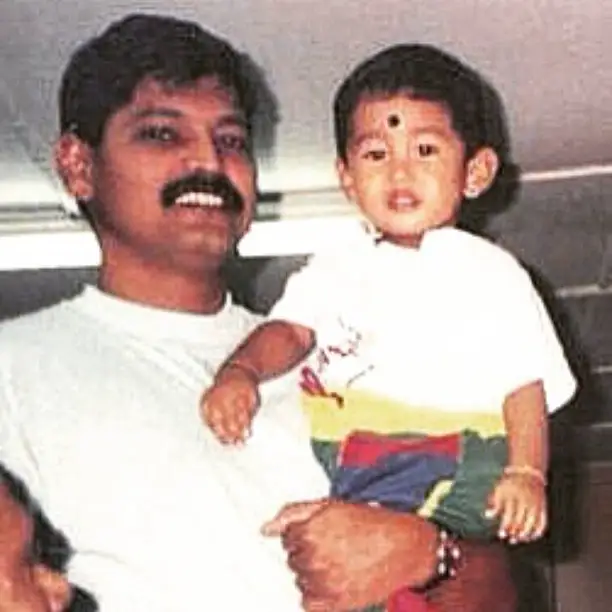
Despite his academic achievements, Saba’s family life was fraught with challenges and instability. Primarily raised by his aunts, he faced significant emotional struggles, especially after the loss of his father in 2007. This heartbreaking event marked a turning point in his life, leading him down a path of crime as he grappled with the overwhelming grief and turmoil that followed.
From Vulnerability to Arrest
Sabari struggled to cope with the deep emptiness left by his father’s passing, a loss that profoundly affected him. In his search for a sense of belonging and direction, he became vulnerable to negative influences. During his high school years, this vulnerability was exploited by local gang members who saw an opportunity to recruit him, leading him further away from the promising path he had once been on.
My partner and I did everything we could to prove our worth to the gang members. We earned money through various means, struggling to survive each day while also supporting the brothers who relied on us. Being young and reckless, we found ourselves in serious trouble with the law over the years. I was even on the run, and that’s when things took a turn for the worse,” he recounted.

Saba’s involvement in criminal activities inevitably caught up with him, culminating in his arrest by the police at a rental house in Kota Damansara. He was charged under Section 39B of the Dangerous Drugs Act, a serious offense that carries the possibility of a death sentence if convicted.
After months of court hearings, the judge presented Saba with a deal—10 years in prison and 10 strokes of the cane in exchange for avoiding the death penalty. Weighing his options for a month, Saba ultimately accepted the offer, recognizing that the evidence was not in his favor. As a result of this decision, he ended up serving only two years in prison.
“Thanks to my mother’s prayers, my bond was accepted by the Deputy Public Prosecutor on the same day I decided to take the deal. I was released on a three-year bond, which cost over RM8,000.”
For the next three years, Saba remained trouble-free and regained his freedom when his bond expired in 2019. However, his criminal record remains a lasting part of his life.
Enduring Prison Life – Challenges and Finding Solace
The 31-year-old shared that one of the most challenging aspects of his time in prison was keeping control over his mind and preventing it from wandering, particularly when confronted with the anguish of losing his freedom.
“Prisoners frequently form networks and learn from one another, which can obstruct the process of rehabilitation. It was challenging to manage these influences and desires. Furthermore, the food and hygiene conditions in prison were abysmal; prisoners often had to wash their food to make it somewhat palatable. Surviving in prison required adhering to internal rules set by fellow inmates, a difficult task that demanded survival skills and the sacrifice of personal space,” he explained.
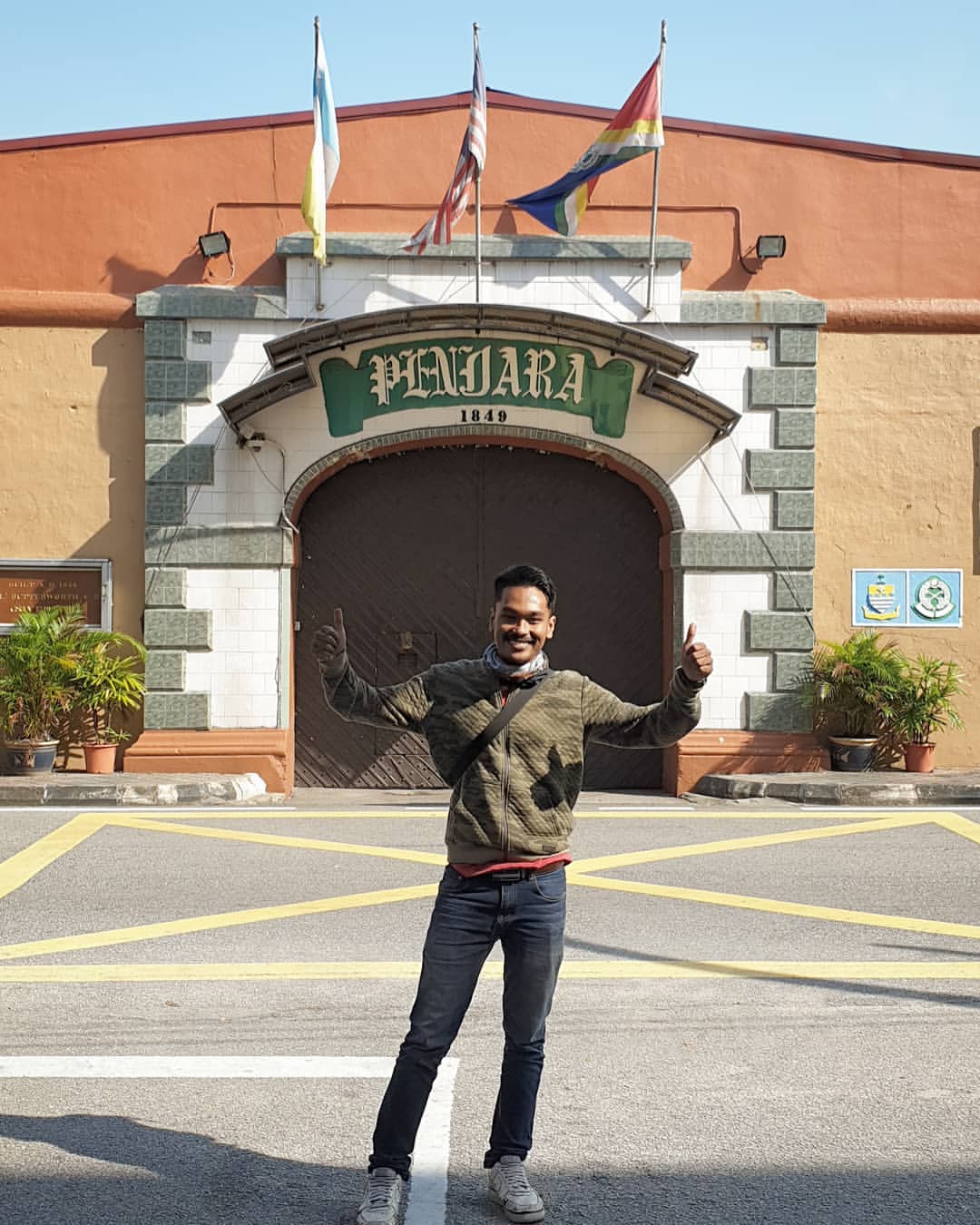
For Saba, the separation from his loved ones added to the already excruciating experience of imprisonment. When asked how he managed to stay positive during his time in prison, Saba revealed that he found solace in reading books.
Reading became essential for maintaining my mental health. It offered an escape and kept my mind engaged.
He shared that his family sent him three books, which were screened by correctional officers before reaching him. These books proved to be a lifeline, offering both comfort and mental stimulation. He also made a concerted effort to stay physically active by engaging in various activities, which helped him avoid feelings of despair and find a sense of purpose in his life.
Academic Resilience and Rebuilding Life
Before his incarceration, Saba was studying for a Foundation in Arts at INTI University in Nilai and was in the process of earning a dual degree in Mass Communication and Corporate Communications at SEGI University when his arrest disrupted his education.
While many might view his prison sentence as a fatal blow to his academic ambitions, Saba refused to let it deter him. He persevered and eventually completed his studies, graduating with Second-Class Honours in 2016.
He is currently working towards a Master’s of Science in Economic Crime Management, with an expected completion date in July. When asked why finishing his studies was a top priority, Saba attributed it to his mother’s unwavering encouragement to continue his education.
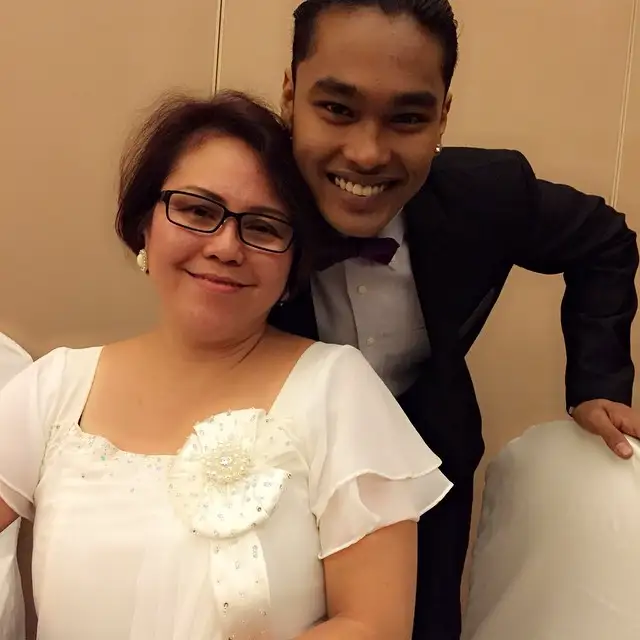
“She consistently reminded me of the value of education and how it could transform my life. My mother frequently spoke about the opportunities that education could provide and how it could lead to a brighter future,” he shared.
In addition to achieving his academic goals, Saba also worked to reconnect with friends and engage with his community after his release from prison, striving to restore a sense of belonging.
“I knew I needed to apologize and repair the broken relationships. To take responsibility for my past actions, I offered sincere apologies to those I had wronged.”
He also started planning to run a legitimate business, seeking advice from successful entrepreneurs and exploring programs for ex-offenders. His goal was not only to generate income but also to build a meaningful and sustainable future.
Mentorship and Redemption in Guiding the Next Generation
To contribute to his community and make a positive impact, Saba is currently serving as a mentor at a private university, where he works closely with high school students. His role involves guiding and supporting these students, sharing his experiences, and helping them navigate their educational and personal challenges. Through this mentorship, Saba aims to inspire and empower the next generation to achieve their goals and overcome obstacles.
I share my experiences and personal stories with these students to help them gain a clearer perspective on life and to guide them away from making the same mistakes I did.
He also actively supports teenagers and young people who seek his guidance, offering them clear paths to follow based on his own experiences and the lessons he has learned.

“It is incredibly rewarding to witness many of these young individuals thriving and succeeding today, knowing that I contributed to their development and growth.”
For Saba, involvement in unlawful activities doesn’t mark the end of the road; there is always an opportunity to turn one’s life around.
“Even if you find yourself entangled in illegal activities, your skills and determination can be redirected toward legitimate pursuits, offering limitless potential for growth. It’s crucial to recognize that starting over is not only acceptable but can be profoundly rewarding. Eventually, it can feel like a new beginning, with each step forward bringing a renewed sense of excitement. Embrace this opportunity with enthusiasm and optimism,” he encouraged.
Saba also urged young people to keep their loved ones in mind before considering involvement in criminal activities. He emphasized the importance of reflecting on how their actions might affect family and friends, highlighting that the choices they make can have far-reaching consequences for those they care about.
“We are already winners just by being born into this world, so why squander that gift by pursuing a life of crime? Make your life meaningful by living it fully and positively.”
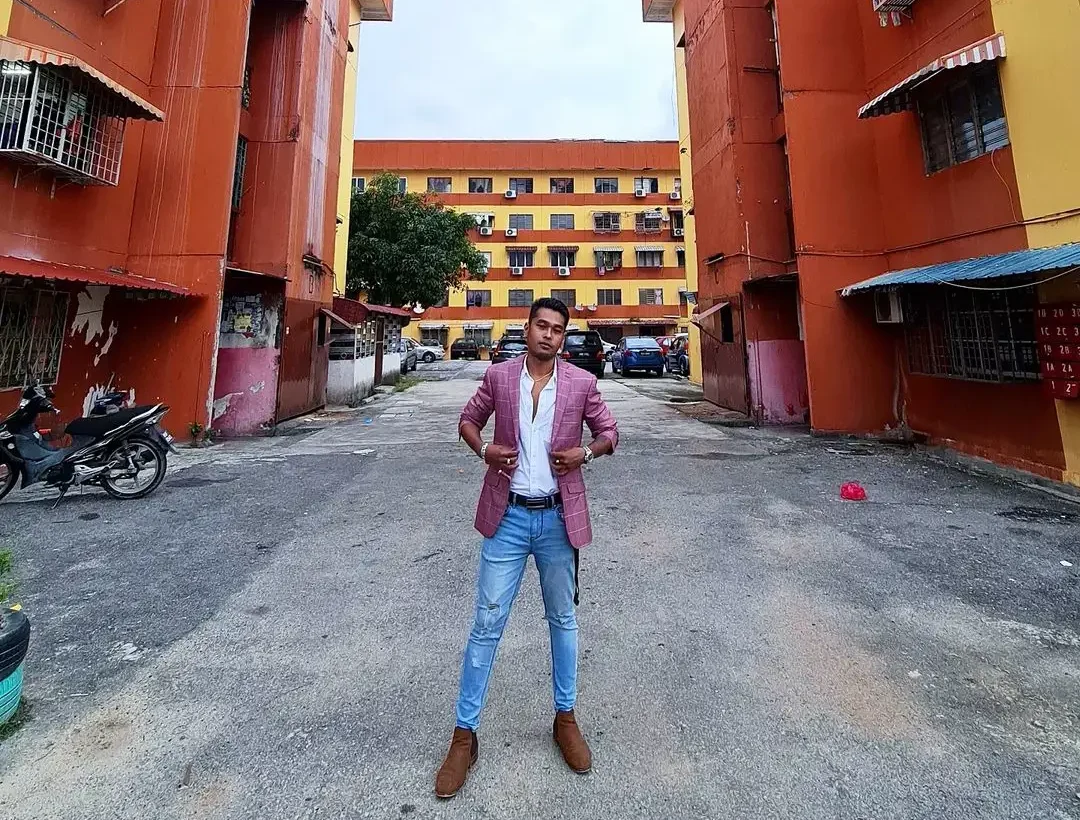
Sabarinath Sangaran’s journey from a troubled past to a hopeful future serves as a powerful testament to the possibility of redemption and transformation. Despite facing significant challenges and setbacks, he has leveraged his experiences to inspire and guide others, demonstrating that even the darkest moments can lead to profound personal growth. Through his academic achievements, community engagement, and mentorship, Saba exemplifies the potential for positive change and the importance of resilience.
Source: Weird Kaya
Follow us on Instagram, Facebook or Telegram for more updates and breaking news.


